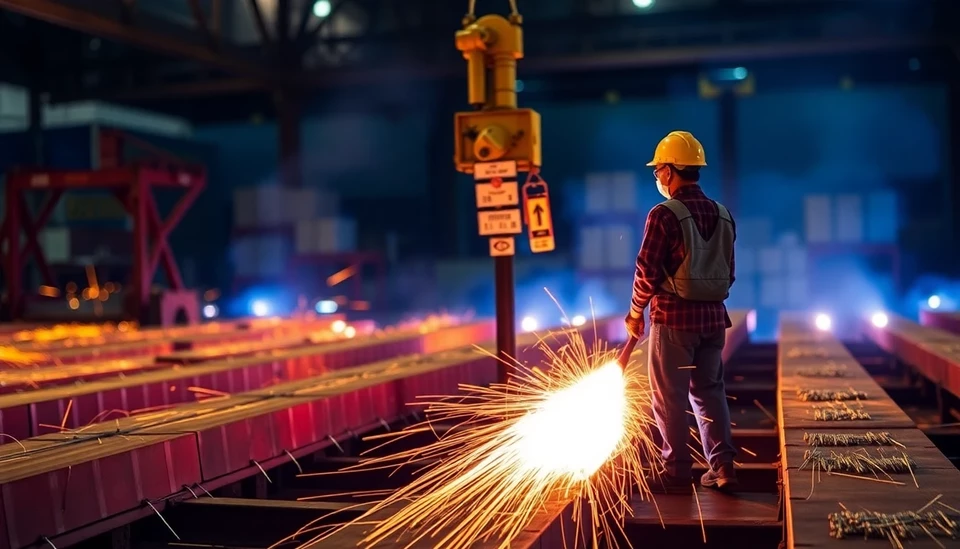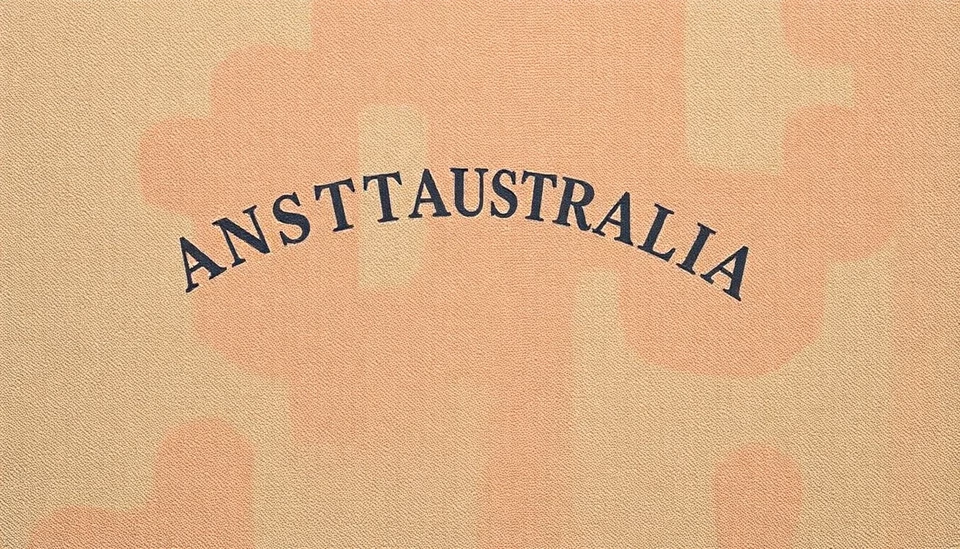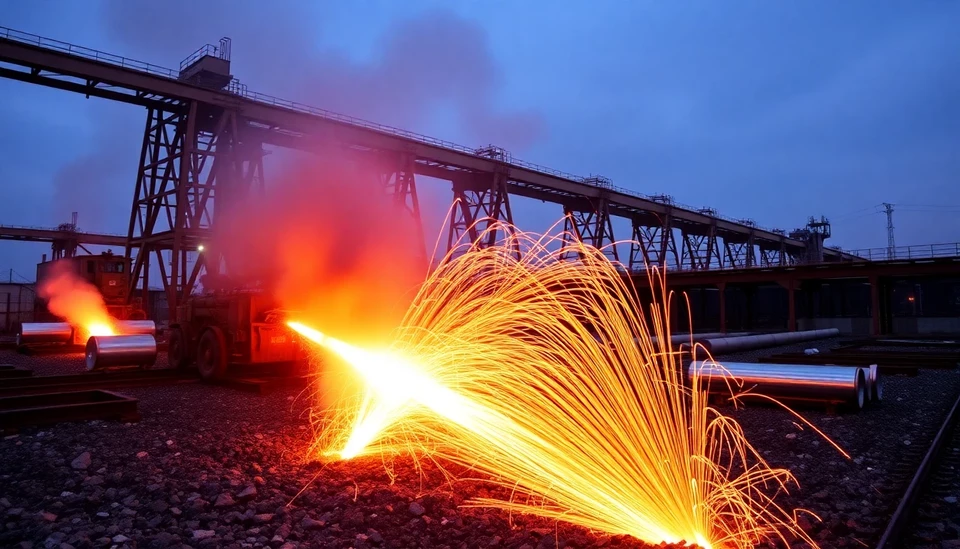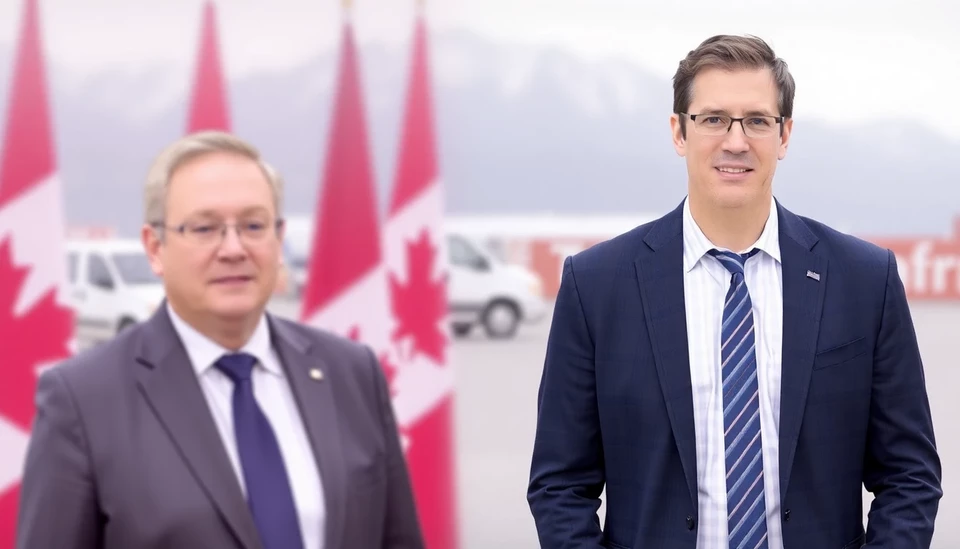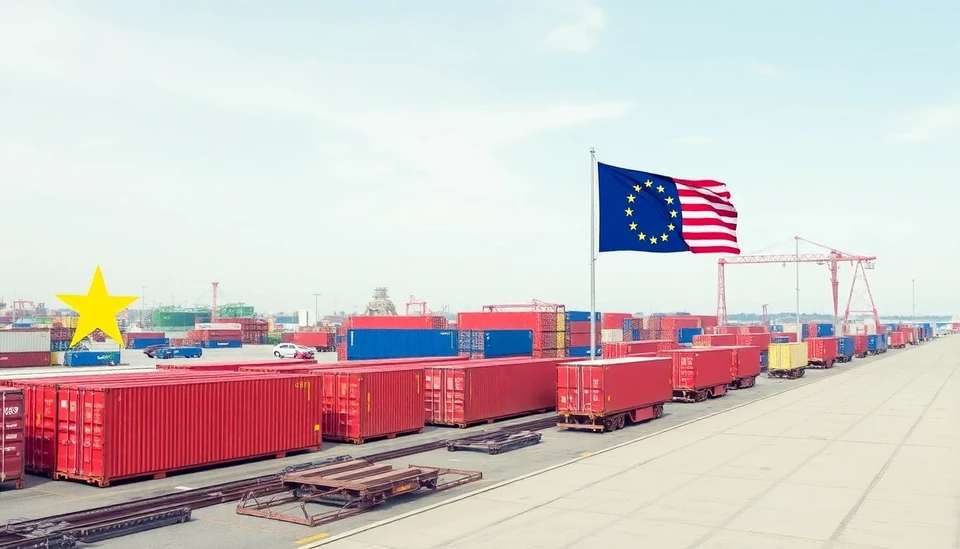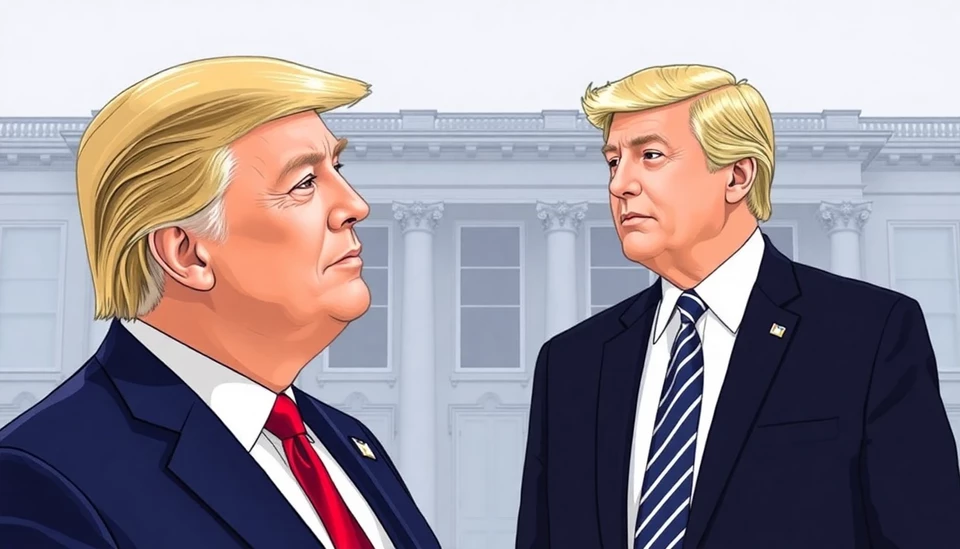
The political landscape between the United Kingdom and the United States may be shifting toward a more cooperative future, especially in light of potential discussions surrounding steel tariffs. UK Chancellor of the Exchequer, Jeremy Reeves, expressed optimism regarding the possibility of reaching a negotiated settlement with former President Donald Trump concerning the longstanding steel levies that the U.S. enacted during his administration. This revelation comes as both nations look to mend economic ties and navigate the complexity of international trade relationships.
In a recent interview, Reeves cited an affirmative stance towards engaging in dialogue with Trump, highlighting the UK's strategic interest in resolving the tariffs that have placed significant economic pressure on domestic steel producers. The said tariffs have not only affected the import and export balance but have also led to job uncertainties within the steel industry in the UK. With Trump indicating interest in the matter, Reeves is hopeful that a resolution is within reach, potentially benefiting both countries.
The economic context surrounding these steel levies cannot be overstated. Since their imposition, UK steel exports to the U.S. have been dramatically curtailed, causing considerable concern among industry stakeholders. Reeves suggested that discussions could lead to an arrangement that might lighten the tariff burdens, thereby allowing for increased trade flow between the two nations and fostering a healthier steel market.
As the UK seeks new opportunities post-Brexit, establishing a favorable trade agreement with the U.S. is seen as crucial. The relationship with the U.S. has been a top priority for UK policymakers, and Reeves emphasized the importance of a robust dialogue with American counterparts to find resolutions to trade disputes. During his statements, he pointed out that economic cooperation is vital for both the UK and the U.S., especially in sectors like steel that are integral to industrial growth and job creation.
Reeves also mentioned that the UK government is prepared to present key arguments that support their case for tariff relief. Through constructive engagement with U.S. officials and potentially Trump himself, they aim to showcase the benefits of trading freely and fairly in the steel sector, enhancing not just British exports but also contributing positively to U.S. market needs.
Although the engagement with Trump and his administration poses its challenges, there is a renewed sense of optimism among UK officials about reconvening negotiations. Both parties recognize that creating a comprehensive framework for trade can lead to mutual benefits—an understanding that is crucial for future collaborations. As dialogues progress, stakeholders are eagerly watching the developments that may unfold in the coming weeks.
In conclusion, the discussions led by Reeves represent a significant step towards potentially outdated trade barriers in the steel industry being reassessed and amended. As the UK continues to navigate its post-Brexit landscape, fostering strong ties with the U.S. appears to be a pivotal goal, especially through enhanced trade relations that might pave the way for economic recovery and growth.
#SteelTariffs #USUKTrade #JeremyReeves #DonaldTrump #SteelIndustry #TradeNegotiations #BilateralRelations
Author: Daniel Foster
